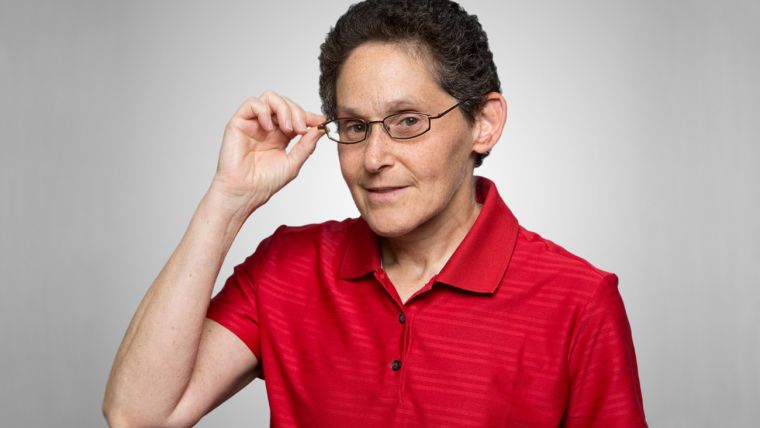Knowing What You Don’t Know
It’s been a rough week for an instructor who teaches in an online college sociology course. The instructor in question assigned a paper comparing social phenomena in two different countries. One particular student compared the use of social media in the United States and Australia. Subsequently, the instructor informed the student that Australia is not a country and gave the paper a failing grade.
The news coverage of the story suggests the instructor and student completed several e-mail exchanges before the instructor agreed that Australia is both a country and a continent. The student in question even provided authoritative data from the government of Australia which supported her side. In the end, the instructor changed the grade to B+ and the school replaced the instructor and returned the student’s tuition.
I fear the instructor’s education, which included a PhD in philosophy, failed him or her on a crucial point: knowing what you don’t know. I am not concerned that the instructor didn’t know this specific fact; I suspect that many educated individuals worldwide would not know that Australia is both a country and continent. What I am concerned about is that this particular instructor, apparently, was confident enough not to carry out a quick check. “Alexa! Is Australia a country?”
Here’s a second story on the same theme. I had an opportunity to interview several GIS students this week. A group of us were interviewing finalists for a scholarship. Before the interview, I let my fellow interviewers know that I might ask some hard questions. I made sure they knew that “I don’t know” was a valid answer from a student. One rather experienced student noted she mostly worked with ArcGIS but also had taken a course on QGIS. I observed that ArcGIS was proprietary and that QGIS was open source. Then I asked the student to explain the main difference between the two software packages. The response was incorrect. Later in the interview, I asked the same candidate to explain how ground penetrating radar worked; she had mentioned it in a response to another question. Again, the reply was incorrect.
A second, less experienced student explained that her project work involved downloading data from a provincial data site in Canada. She noted the data was in shapefile format. I asked why it was in shapefile format and she guessed that it was because it was an easy format to use. I agreed and pushed on, “Shapefiles are an open format. Can you tell me what that means?” She replied, “I don’t know.” I was pleased this student knew what she did not know!
I have one final story to share. I saw a blog post a week or so after these other two experiences. The author announced a new addressing system from Google, Open Location Codes or “plus codes”, and wondered, as I did, why he had not read more about it in the press. So, while I was still reading the post, I looked it up. The announcement was previously covered by the press… back in 2015 when the system was announced! It seems the blogger had just run into it for the first time and was confident that he was breaking important geospatial news. Clearly, in this case, the author didn’t know what he didn’t know.
I want to close with a quote which I have heard a few times as a clarinet player in a community band. Keith Brion, the former director of bands at Yale, was leading a rehearsal a few years ago. He told us, “... the difference between a professional and an amateur musician is that a professional knows which notes to leave out.” Said another way, professional musicians know what they can’t play at the level required and they leave those passages for others to cover. Similarly, students and professionals involved in geospatial technologies need to become comfortable with what we “don’t know” and what we “think we know”.
This article was published in GIS Professional April 2018

Value staying current with geomatics?
Stay on the map with our expertly curated newsletters.
We provide educational insights, industry updates, and inspiring stories to help you learn, grow, and reach your full potential in your field. Don't miss out - subscribe today and ensure you're always informed, educated, and inspired.
Choose your newsletter(s)
























